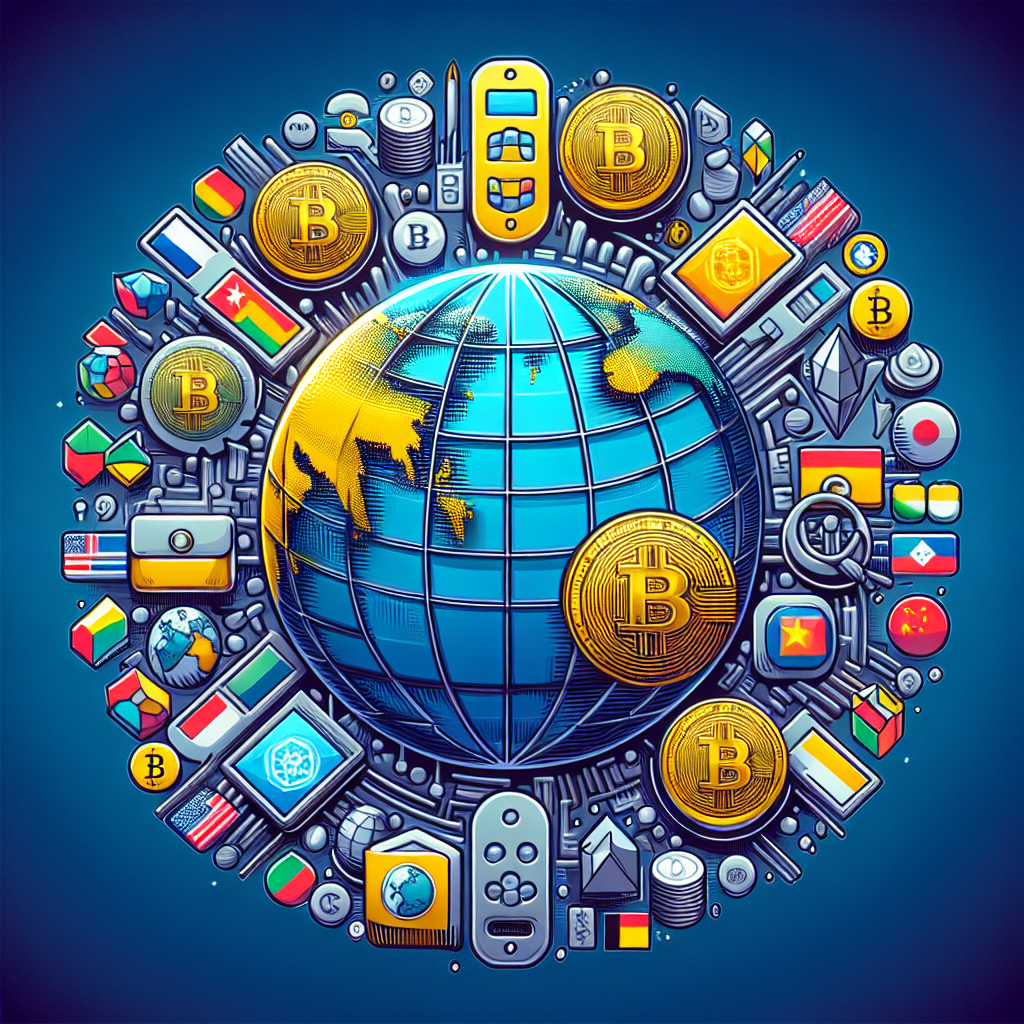Altcoins
BRICS Endorses Russia’s Initiative for a Revolutionary Global Payment System

Russia’s initiative to establish a new global payment system under the BRICS (Brazil, Russia, India, China, and South Africa) alliance is attracting significant support from member nations. This effort aims to challenge what is perceived as an outdated and costly global financial structure dominated predominantly by Western economies. The drive for an alternative financial framework has gained momentum, given the geopolitical and economic shifts that have prompted BRICS countries to consider more autonomous and efficient financial systems.
Ivan Chebeskov, Russia’s Deputy Finance Minister, recently highlighted the growing consensus among BRICS nations to endorse this ambitious plan. The proposed payment system is envisioned as a robust alternative to existing international financial mechanisms that many BRICS members view as restrictive and heavily influenced by Western powers. The initiative underscores a strategic shift towards reducing dependency on Western-dominated financial systems, which have long set the rules of global commerce and finance.
BRICS countries have been expressing dissatisfaction with the current global payment infrastructure for some time. They argue that the existing frameworks impose high costs and inefficiencies on international transactions. These challenges are seen as detrimental to economic growth and detrimental to the sovereignty of nations that wish to operate outside the influence of Western financial institutions. In response, there has been vigorous discussion within the alliance regarding the development of a payment system that is not only cost-effective but also more aligned with the economic realities of BRICS countries.
Moreover, the geopolitical landscape has significantly influenced BRICS nations’ decision to pursue this financial independence. With Russia facing extensive sanctions from Western countries due to various political disagreements, the urgency to create an alternative payment system has become more pronounced. These sanctions have not only affected Russia’s economy but also highlighted the vulnerabilities faced by other BRICS countries operating within the current global financial architecture.
The proposed BRICS payment system is also fueled by the desire to enhance economic cooperation within the bloc. A unified payment system could potentially strengthen trade relationships, facilitate smoother transactions, and bolster economic partnerships among BRICS nations. This, in turn, would enhance the collective bargaining power of the alliance on the international stage, further diminishing the financial grip of Western powers.
The initiative also reflects a broader trend among emerging economies seeking to reshape global governance structures. By establishing their own frameworks, BRICS nations aim to assert greater influence in international financial policymaking, shifting the balance of power towards a more multipolar world. This move is consistent with the bloc’s broader strategic goals of promoting reform in global institutions to better reflect the economic realities of the 21st century.
While the proposal has garnered widespread support within the BRICS community, implementing such a system is not without its challenges. Developing a new payment infrastructure that is compatible with each member’s financial systems poses significant technical and regulatory hurdles. Additionally, achieving consensus on critical issues such as governance, currency usage, and technological standards will require careful negotiation and collaboration among the diverse economies within the bloc.
Nevertheless, the determination to move forward with the project highlights the growing resolve among BRICS countries to take control of their economic destinies. By creating a more independent financial infrastructure, the alliance hopes to build a resilient economic future less susceptible to external pressures and dictates.
In summary, Russia’s proposal for a new global payment system within the BRICS framework is gaining traction as member nations seek to overcome the limitations of the current Western-dominated financial systems. This ambitious project, while challenging, underscores the alliance’s commitment to fostering greater economic independence and cooperation among emerging economies, potentially reshaping the global financial landscape in the process.
-

 Press Releases2 years ago
Press Releases2 years agoGaming Technologies of the New Time!
-

 Altcoins12 months ago
Altcoins12 months agoBitcoin Declines Below $80K: deVere CEO Nigel Green Remains Bullish on Long-Term Outlook Following Strategic U.S. Bitcoin Reserve Announcement
-

 Altcoins11 months ago
Altcoins11 months agoCalls for Enhanced Discussion on Bitcoin as Brazil’s Reserve Asset: A Move Towards ‘Internet’s Gold’
-

 Bitcoin1 year ago
Bitcoin1 year agoBitcoin Surges Past $64K as SEI and POPCAT Lead Daily Crypto Gains on September 25
-

 Press Releases2 years ago
Press Releases2 years agoEvo Exchange: Redefining the Decentralized Exchange Landscape
-

 Bitcoin7 months ago
Bitcoin7 months agoGrayscale Investments Submits Draft Registration for IPO, Aiming for Public Trading in U.S.
-

 Press Releases1 year ago
Press Releases1 year agoCODE, a Newly Born Project Brings Decentralization Back to the Main Menu
-

 Bitcoin7 months ago
Bitcoin7 months agoPeter Schiff Critiques New Crypto Legislation, Claims Bitcoin (BTC) Gains are Short-Lived




